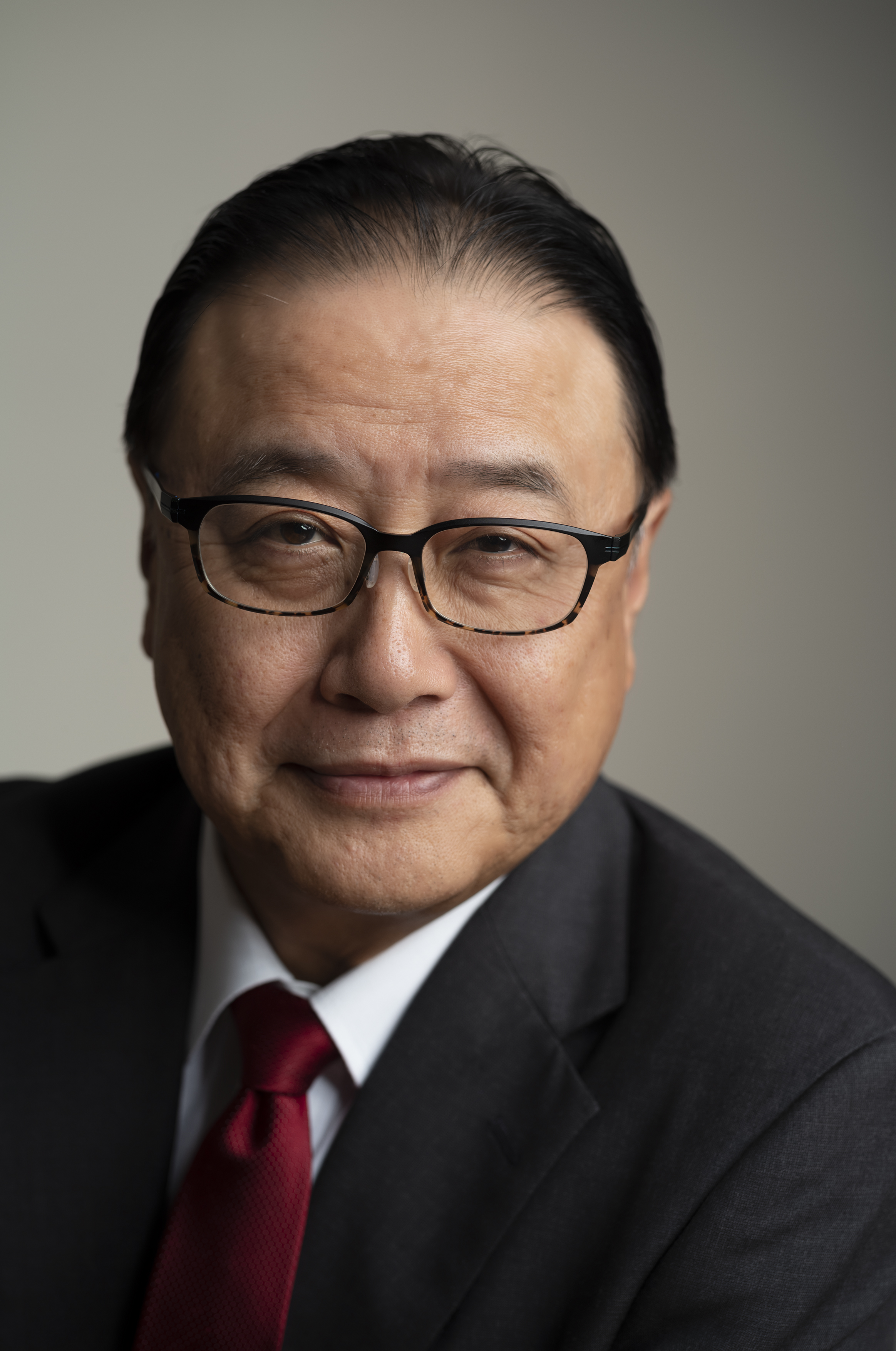
If you could travel forward to 2030, what theme would you see at Davos? It would be “Rebuilding a Cooperative Society,” “Trust in a Fragmented World,”… Security, climate change, or perhaps frontier technologies. While leaders have discussed these similar agendas and solutions, fostering cooperation has become more difficult. We are living in an era of eroding trust. To overcome fragmentation and to rebuild trust, a fundamental understanding of the modern economy as a driving force in today’s world is essential. Based on that, we need to rethink and share a grand design for solving our challenges and building a prosperous society. The keyword in this endeavor is “happiness.”
What kind of prosperity have we achieved so far? The prevailing definition of prosperity focuses on economic power and growth as measures of success. Whether for a local bakery or a global corporation, advocates of growth believe that it is better to make more sales tomorrow than today. Let’s take a look at history. The Second Industrial Revolution enabled mass production and created an adequate supply of goods. This has dramatically increased the importance of money in its role as “a unit of account,” “a store of value,” and “a medium of exchange.” As a result, we have pursued economic power as the sole indicator of prosperity, such as Gross Domestic Product, and strive for economic growth. Waves of globalization and technological evolution have fostered overall economic growth, but have allowed the few who are strong to achieve greater power while exploiting the many who are weak. Disparities have been exacerbated, and fragmentation has intensified. This sequence of events is described as “economic degeneracy,” citing a concept from quantum physics. Society cannot achieve prosperity solely by pursuing economic power.
The path to a truly prosperous world requires a shift in focus towards optimal happiness for all, in addition to economic power. Defining happiness, however, is a complex task. What makes people happy? The degree to which the same thing creates happiness differs from person to person. Happiness is subjective and multifaceted. This is a world of “multiple values” where each of us determines worth as opposed to “one fixed price” based solely on an economic perspective. In a world of multiple values, the Japanese concept of Seikatsusha gains significance. It views individuals in their multiple roles making independent choices and taking actions for their multifaceted happiness. The term does not define us by a single identity, persona or role, such as citizen or consumer, but by our multidimensional nature. For example, I am the CEO of Sompo, but I am also a voter who participates in elections and a consumer who shops at the supermarket. I am a grandfather who plays enthusiastically with my grandchildren. I am also a sportsman who enjoys tennis. We should strive for a society where each individual makes choices as a Seikatsusha pursuing holistic, multifaceted happiness.
Businesses must be pioneers in pursuing not only economic growth but also the happiness of all stakeholders of society. Companies can contribute through the pursuit of social value as well as economic profit. At the heart of this lies “purpose.” A company’s purpose defines the value it brings to society. At Sompo, we are working to solve the social issue of sustainable elderly care in Japan’s aging society. Guided by Sompo’s purpose of building “A Theme Park for Security, Health and Wellbeing,” we are setting the pace in navigating the challenges of an aging future globally. The true worth of a company should be determined not just by the returns it creates for shareholders but by the value it creates for society as a whole.
Gauging this value requires a novel metric. We need to tackle the creation of an index that defines happiness and measures its total quantity, a so-called “Happiness Index” as a universal measure that diverse stakeholders can agree on. As one of the concrete actions, Sompo is using the Employee Engagement Index as a proxy. We believe that these step-by-step actions, based on the grand design, can chart a course for a prosperous future while rebuilding trust in collective advancement. All for a future happiness!
- What Student Photojournalists Saw at the Campus Protests
- How Far Trump Would Go
- Why Maternity Care Is Underpaid
- Saving Seconds Is Better Than Hours
- Welcome to the Golden Age of Ryan Gosling
- Scientists Are Finding Out Just How Toxic Your Stuff Is
- The 100 Most Influential People of 2024
- Want Weekly Recs on What to Watch, Read, and More? Sign Up for Worth Your Time